The list includes Hong Kong and Brunei in Asia, Monaco, Andorra and Guernsey in Europe and various Caribbean havens
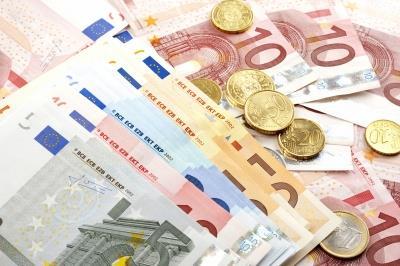
Yesterday, the EU published a list of international tax heavens, as part of its Action Plan to reform corporate taxation in the EU. The plan sets out initiatives to tackle tax avoidance, secure sustainable revenues and strengthen the single market for businesses.
Pierre Moscovici, EU economic affairs commissioner, told a news conference: “We are publishing the top 30 non-co-operative jurisdictions consisting of those countries or territories that feature on at least 10 member states’ blacklists”. He added that this was a “decisive step” that would “push non-co-operative non-EU jurisdictions to be more co-operative and adopt international standards”.
The list consolidates national tax blacklists as they stood in December 2014 and includes jurisdictions on 10 or more member states’ lists. It is meant to be amended at least once a year to reflect changes in national lists.
Countries and territories currently on the list are: Andorra, Liechtenstein, Guernsey, Monaco, Mauritius, Liberia, Seychelles, Brunei, Hong Kong, Maldives, Cook Islands, Nauru, Niue, Marshall Islands, Vanuatu, Anguilla, Antigua and Barbuda, Bahamas, Barbados, Belize, Bermuda, British Virgin Islands, Cayman Islands, Grenada, Montserrat, Panama, St Vincent and the Grenadines, St Kitts and Nevis, Turks and Caicos, US Virgin Islands.
However, one territory has disputed its inclusions on the list.
Guernsey’s chief minister, deputy Jonathan Le Tocq, said: “The European Commission appears to have hurriedly put together a list of so-called ‘non-cooperative’ non-EU jurisdictions using some arbitrary criteria. It is this type of arbitrary and inconsistent use of ‘blacklists’ that international standards are supposed to be replacing, so this seems to me to run counter to what the Commission is trying to do on tax transparency. It also runs counter to commissioner Moscovici’s own positive views on Guernsey, which we discussed just over a month ago.”
Guernsey argues that it appears on only nine member states’ lists but was included because Sark is on another blacklist, even though Guernsey is not responsible for its tax matters.
Commerce and employment minister, Deputy Kevin Stewart, said: “We informed the Commission that we are on nine lists rather than 11, which was confirmed by the Latvian and Polish governments, but the Commission chose not to take that into account. Guernsey is on nine national blacklists, the same as other jurisdictions such as the Isle of Man and Gibraltar, yet we are erroneously included on the so-called non-co-operation list and they quite rightly are not. We will be seeking to be removed from this list as quickly as possible.”





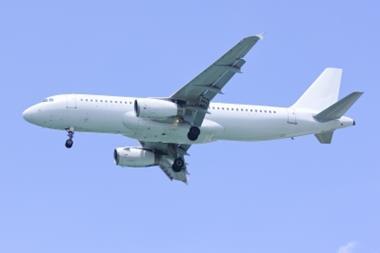
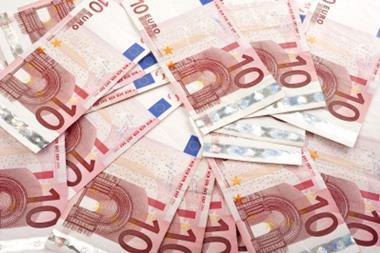

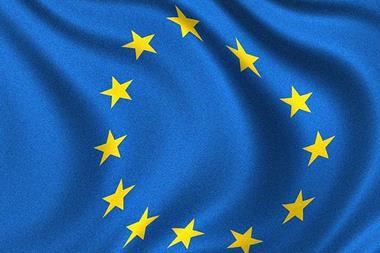

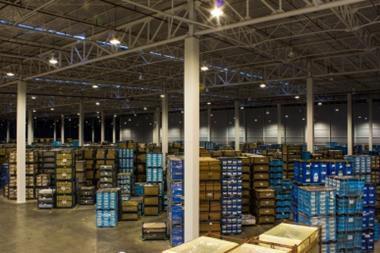



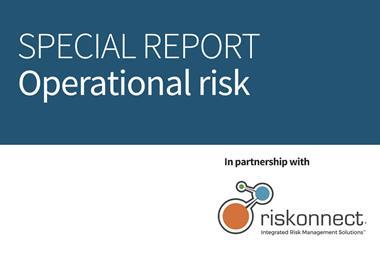
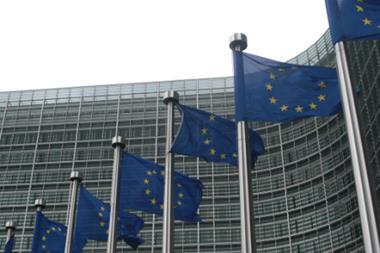




No comments yet